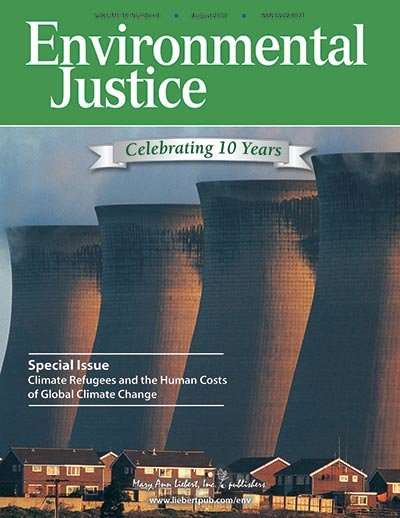Can census data better predict lead exposure in children?

Researchers have developed a computational model based on available childhood blood-lead level records and nationwide census data to predict the risk of lead exposure for children in the U.S. The predictive power of this model can help target high-risk areas for interventions, government support, enforcement measures, and screening, as proposed in an article published in Environmental Justice.
The article entitled "Predicting Lead Exposure Among U.S. Children at the Census Tract Level ," presents a validated regression model that identified several key predictive factors for childhood lead exposure: pre-1960 housing, percent of population below poverty level, and percent of population that is non-Hispanic black. Coauthors Bradley Schultz, U.S. Environmental Protection Agency (ret.) (Research Triangle Park, NC), Michele Morara, Google (Mountain View, CA), Bruce Buxton, Battelle Memorial Institute (Columbus, OH), and Max Weintraub, U.S. Environmental Protection Agency (San Francisco, CA) applied the model to 1- and 2-year-olds across the U.S.
"In the wake of Flint, MI, the need for predictive lead models is needed to ensure environmental equity, particularly for children. The research results for this new computational model for lead prediction advance the field of environmental justice," says Environmental Justice Editor-in-Chief Sylvia Hood Washington, PhD, MSE, MPH, a LEED AP and Sustainability Director, Environmental Health Research Associates, LLC.
More information: DOI: 10.1089/env.2017.0005


















